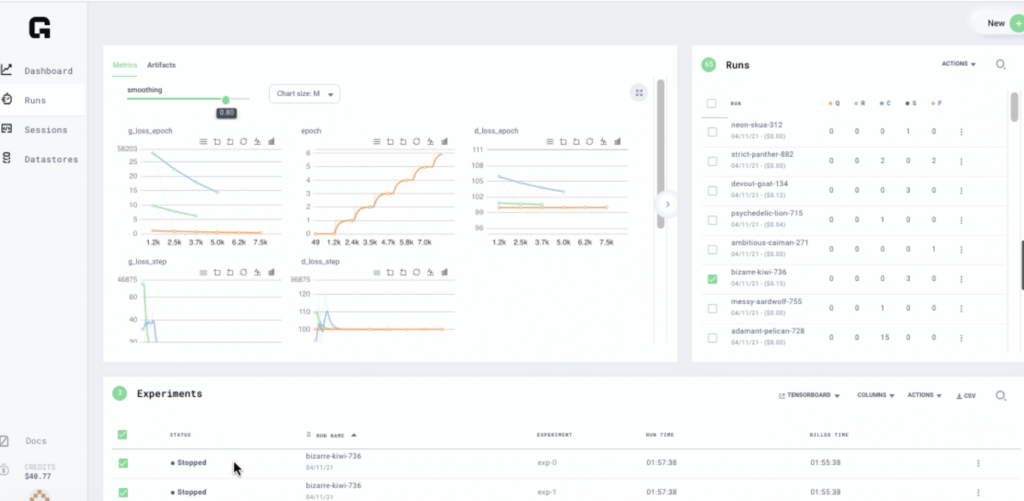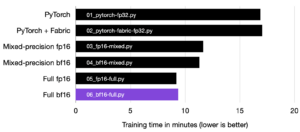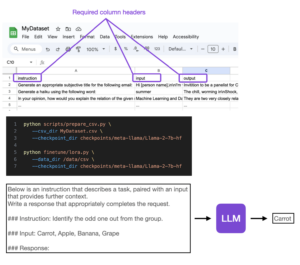Machine Learning Made Easier With Grid.ai
In the race to implement machine learning, businesses of all sizes look for more accurate predictions that will allow them to stay ahead and differentiate themselves from the competition. One of the main roadblocks in getting there is the availability and affordability of machine learning resources. In this post, we speak with Felix Dittrich, the lead Machine Learning Developer at Memoresa to discuss how Grid.ai solved some of their ML challenges.
Discovering Grid
Based in Leipzig, Germany, Memoresa is an online platform and mobile app for easy estate planning, secure emergency provision, and digital organization with a system. Memoresa prides itself on helping estates organize their life documents to allow peace of mind for the organizing and planning of life.
Before finding Grid, Felix and his team felt challenged by all the steps related to training machine learning management, mainly due to their limited number of developers, capabilities, and resources brought on by a small team.
Memoresa captures image documents in their application; the ML engineer uses Grid to train their model to capture metadata for each user and auto-complete forms that are required to simplify the onboarding process. “We used Grid to train a custom named entity recognition model using Transformers and PyTorch Lightning as well as Onnx for quantization,” mentioned Felix.
While using the open-source PyTorch Lightning project to eliminate boilerplate in his code, Felix discovered Grid.ai. Founded by the creators of PyTorch Lightning, Grid is a platform designed to develop and train deep learning models at scale. The team at Memoresa needed an easy way to coordinate all the steps in training and managing machine learning models. Grid made it easy for Felix’s team to address this, as well as version control all their training data and model artifacts out of the box.

Exceeded Expectations!
Implementing Grid exceeded Felix and his team’s expectations. “All the steps related to end-to-end model training can be managed in one place. When my code runs in Sessions, I can scale it with Runs without any code changes.”
For start-ups like Memoresa, this means that it takes less time to go from an innovative prototype to a top-performing model. Felix remarked that he likes “how easily Grid Sessions enables me to prototype and debug my models and how I can scale my Session code with different hyperparameters configurations with Runs without any code modifications.”
“I love that Grid supports automatic versioning of datastores and model artifacts. Grid makes it simple to share datasets and model assets and code. As our company scales, it’s straightforward to introduce new teammates for collaboration.” This means that start-ups such as Memoresa can easily share the outcomes of their machine learning experiments reducing the time from expiration to business value.


Getting Started With Grid.ai
Interested in learning more about how Grid can help you manage deep learning model development for your next project? Get started with Grid’s free community tier account (and get $25 in free credits!) by clicking here. Also, explore our documentation and join the Slack community to learn more about what the Grid platform can do for you.


